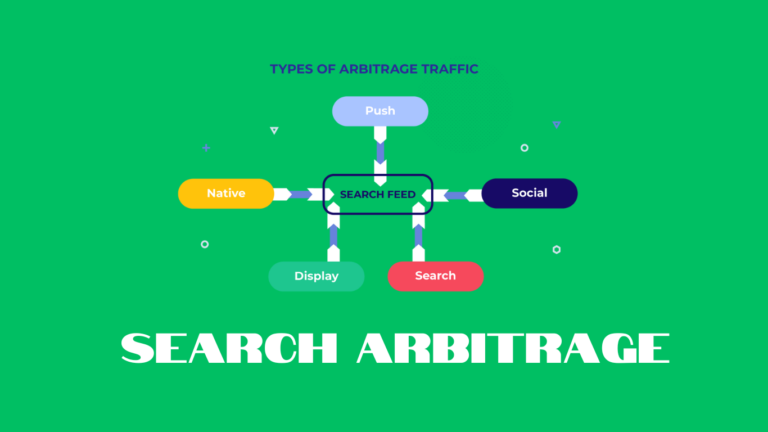“Unlocking Profits: A Comprehensive Guide to Search Arbitrage”

Introduction
In the fast-paced world of digital marketing, staying ahead of the curve means continually finding new and innovative ways to maximize profits. One such strategy is search arbitrage, a technique that leverages the cost differences between paid traffic and revenue-generating ads. In this guide, we’ll delve into the mechanics of search arbitrage, explore its benefits, and provide actionable steps to implement it effectively.
What is Search Arbitrage?
Search arbitrage involves buying low-cost search ads and redirecting the traffic to a website or landing page that generates higher revenue through ads or affiliate commissions. The primary goal is to profit from the difference between the cost of acquiring traffic and the revenue earned.
Key Elements of Search Arbitrage
- Keyword Selection: Identifying low-cost, high-traffic keywords is crucial. Use tools like Google Keyword Planner to find affordable keywords that can drive significant traffic to your site.
- Landing Page Optimization: Your landing page should be designed to convert visitors into ad clicks or affiliate sales. This involves compelling content, clear calls-to-action, and a user-friendly layout.
- Ad Network Partnerships: Collaborate with ad networks or affiliate programs that offer high payouts. Ensure these ads are relevant to the content of your landing page to increase click-through rates.
- Tracking and Analysis: Use analytics tools to monitor your ad spend and revenue. Continuously analyze this data to optimize your campaigns for better profitability.
Steps to Implement Search Arbitrage
- Research Keywords: Begin by researching keywords that are inexpensive yet capable of driving a good amount of traffic. Tools like SEMrush, Ahrefs, and Google Keyword Planner are invaluable for this task.
- Create Compelling Ads: Design ads that attract clicks. Your ad copy should be clear, concise, and relevant to the keywords you’re targeting.
- Build a High-Converting Landing Page: Your landing page should align with the promise of your ad. Include high-quality content, relevant ads or affiliate links, and strong calls-to-action.
- Launch and Monitor Campaigns: Start your ad campaigns and closely monitor their performance. Use tools like Google Analytics and Facebook Pixel to track conversions and adjust your strategies as needed.
- Optimize Continuously: Based on your analysis, tweak your keywords, ad copy, and landing page content to improve conversion rates and profitability.
Benefits of Search Arbitrage
- Increased Revenue: By capitalizing on the difference between ad costs and ad revenue, you can significantly boost your profits.
- Scalability: Once you find a profitable formula, you can scale your campaigns to drive even more traffic and revenue.
- Flexibility: Search arbitrage allows you to experiment with different keywords, ad networks, and landing page designs to find what works best.
Potential Risks
- Ad Policy Compliance: Ensure your ads comply with the policies of search engines and ad networks to avoid suspension.
- Market Fluctuations: Be prepared for changes in ad costs and competition that can affect your profitability.
- Quality Control: Maintaining high-quality traffic is essential to sustain profitable relationships with ad networks and affiliate programs.
Conclusion
Search arbitrage can be a highly lucrative digital marketing strategy when executed correctly. By carefully selecting keywords, optimizing landing pages, partnering with high-paying ad networks, and continuously monitoring performance, you can unlock significant profits. Start small, analyze your results, and scale up as you gain more confidence and insight into what works best.
Implementing these strategies effectively will place you on the path to mastering search arbitrage and achieving higher returns on your digital marketing efforts.


